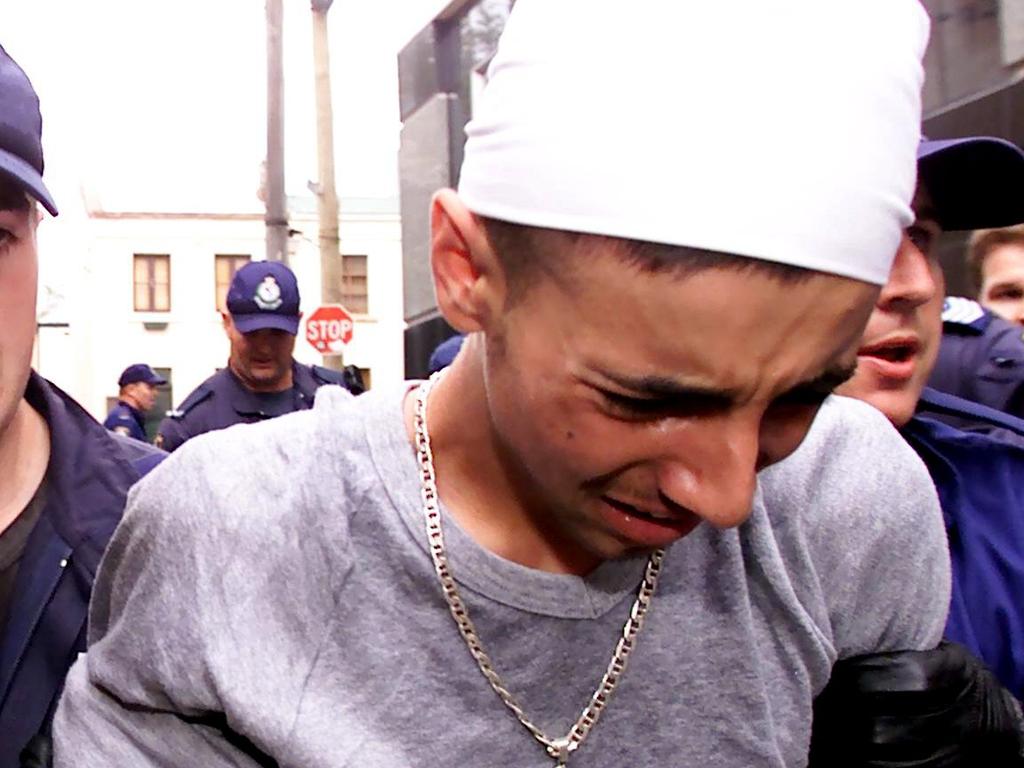Extremists cleared to enter with others keen to follow
Two people accused of terrorist activities have immediately had their Australian citizenship restored in the wake of a High Court ruling that laws revoking their citizenship were invalid.

Two people accused of terrorist activities have immediately had their Australian citizenship restored in the wake of a High Court ruling that laws revoking their citizenship were invalid.
The win by Turkish-Australian Delil Alexander, who lost his Australian citizenship after being convicted in a court in the Syrian capital Damascus of terrorism offences, also cleared the way for a second person to have their citizenship restored.
That person, whose identity is not known, is also believed to be offshore, and either accused, or convicted in a foreign court, of terror-related activities. Their whereabouts are not known.
And while the High Court ruling directly affected only those two people who had lost their citizenship since the laws were amended in 2020, officials are bracing for a wave of similar challenges from up to 20 others whose citizenship was stripped after the laws were first introduced by the Abbott government in 2015.
Notorious Melbourne-born terrorist Neil Prakash, who lost his citizenship after being convicted of terror offences in Turkey, would be at the head of the queue if the citizenship laws were to fall, as officials privately expect they will.
Prakash, born to an Australian mother of Cambodian heritage and a Fijian father, had his citizenship stripped by then-home affairs minister Peter Dutton in 2018. Fiji always rejected Australia’s claim he could seek Fijian citizenship, and the matter has now taken on urgency after Prakash, a prolific Islamic State recruiter, fundraiser and promoter, was released from jail and placed in immigration detention in Turkey earlier this year.
Another person who already has a High Court challenge under way is Zehra Duman, Australia’s best known “ISIS bride’’, who is living in Turkey after escaping the al-Hawl camp in northeast Syria. Duman, a dual Turkish-Australian who travelled to Syria in 2014 to support the caliphate and married three Australian ISIS fighters, all of whom were killed, had her citizenship revoked in 2019.
Another who may benefit is Suhayra Aden, who was born to Somalian parents in New Zealand, emigrated to Australia when she was six, and held dual New Zealand and Australian citizenship. She travelled to Syria in 2014, married two Swedish Islamic State fighters and had three children, one of whom died.
After escaping al-Hawl and making it to Turkey, she found Australia had revoked her citizenship, sparking a diplomatic war with New Zealand. In August, she and her family were repatriated to New Zealand.
Nabil Kadmiry, from Melbourne, a dual Moroccan-Australian, is among those who lost their citizenship. He is being held in a camp in northeast Syria after taking his family to the caliphate.
Abdul Nacer Benbrika, an Algerian dual national whose Australian citizenship was stripped, will not be a beneficiary of the High Court ruling, as he was convicted under a different provision following his conviction in an Australian court and 15-year jail sentence. Others who had their citizenship revoked, such as Khaled Sharrouf, the Sydney terrorist who was the first to lose his Australian citizenship in 2017, are dead.
The failure of the legislation has sparked an early political arm-wrestle between Attorney-General Mark Dreyfus, who has always expressed concern about the legislation, and former home affairs minister Karen Andrews, now a shadow minister. Mr Dreyfus and Home Affairs Minister Clare O’Neil said there was no threat to Australia as a result of the judgment.
“The Australian government has a range of measures available to manage the risk posed to Australians by individuals offshore, including the temporary exclusion order regime, which can prohibit an individual returning to Australia for up to two years,’’ they said.
A spokeswoman for Ms Andrews said: “How Labor responds to this will show if they can walk the walk or if they are all talk on national security.”
The practice of revoking citizenship has been controversial, and even ASIO expressed reservations, telling the parliamentary joint committee on intelligence and security that “in some instances, citizenship cessation will curtail the range of threat-mitigation capabilities available to Australian authorities’.’
The US also disapproved, with a senior State Department official saying in 2019 that Australia should repatriate its citizens and “think twice’’ about removing citizenship.
One of the more problematic decisions related to the revocation of citizenship from a Lebanese-Australian mother of five detained in northern Syria. The woman had her revocation backdated by three years, meaning her two youngest children, who were born in Syria, were potentially made stateless.





To join the conversation, please log in. Don't have an account? Register
Join the conversation, you are commenting as Logout